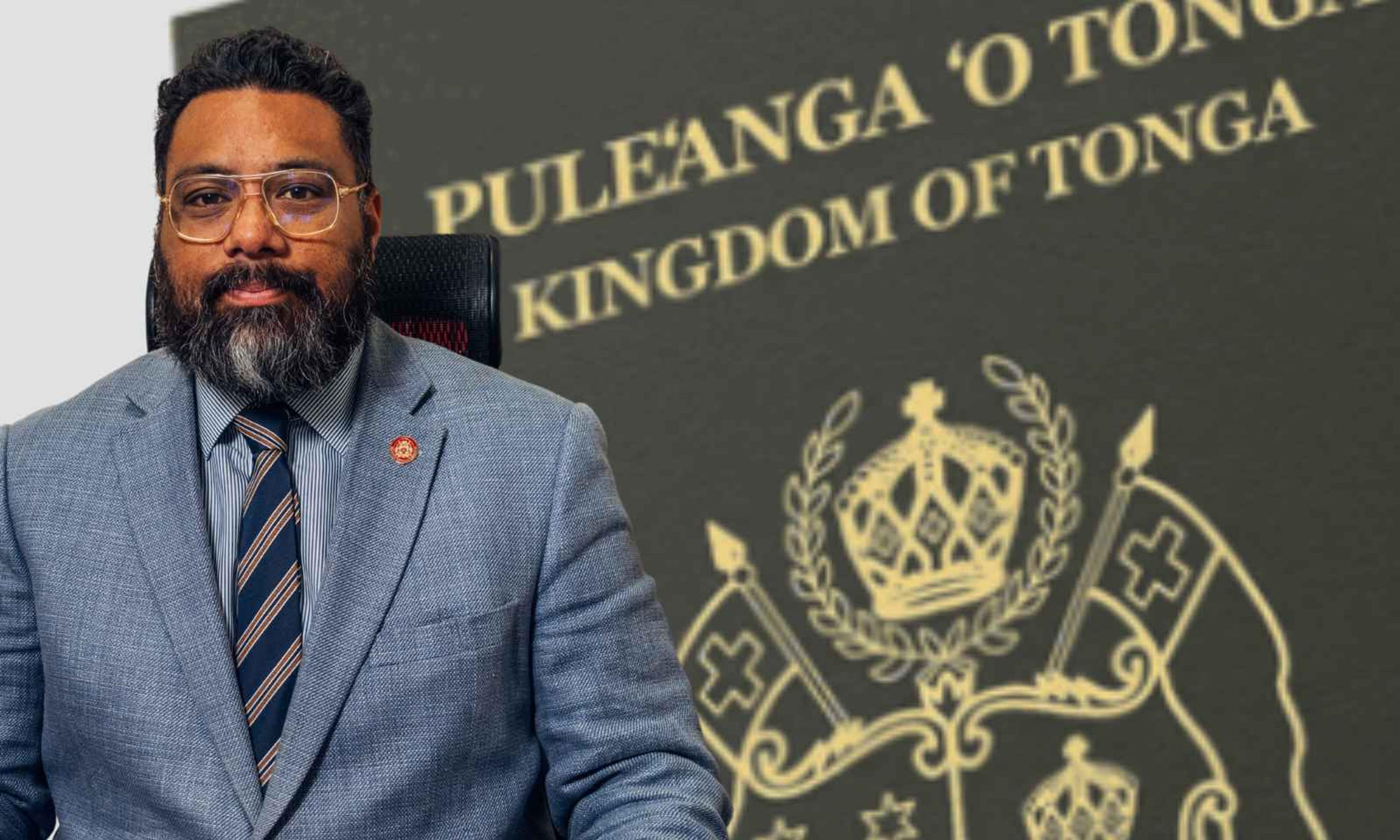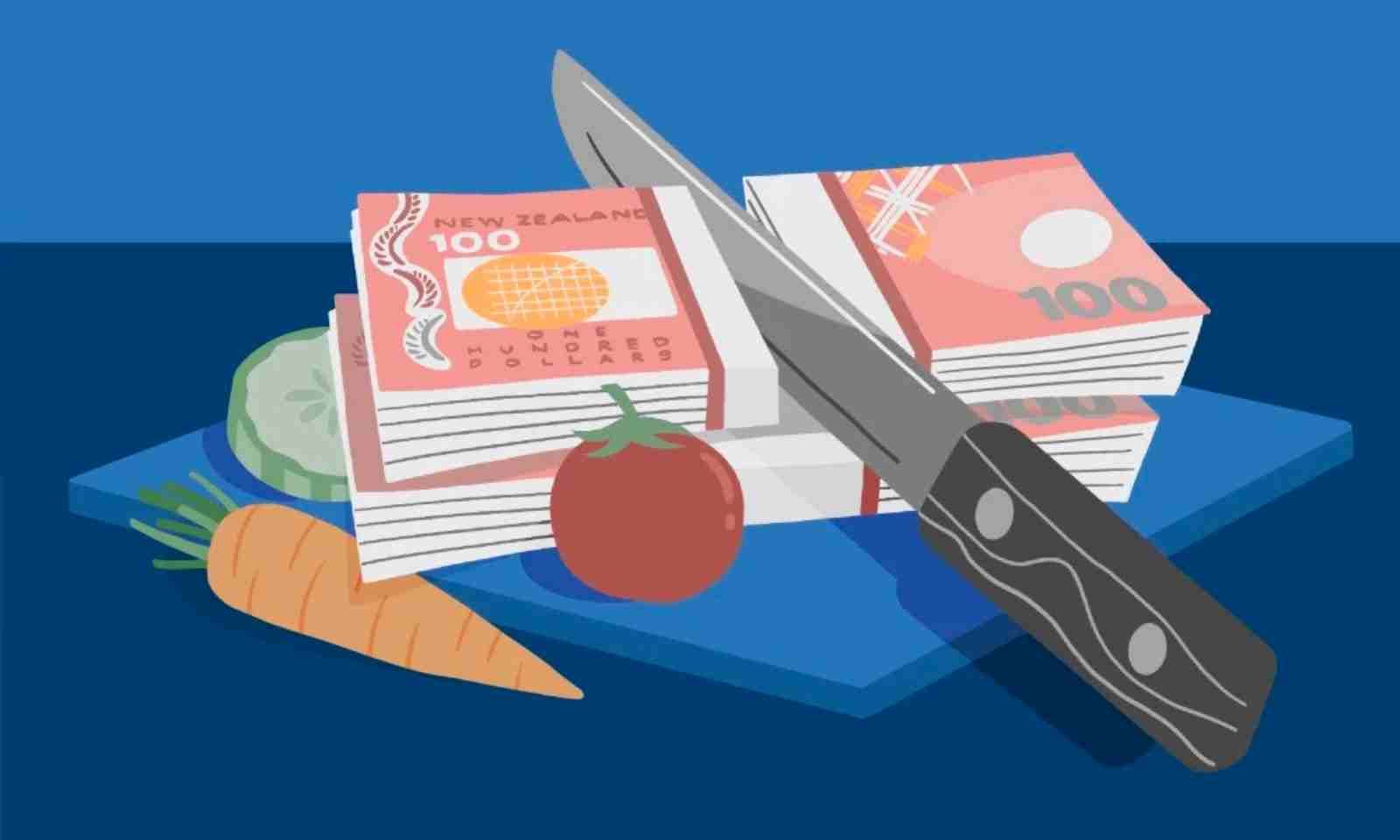

Ana Ika, Salvation Army's social policy analyst, says while the tax cuts will benefit Pacific people, they are not enough amid the cost-of-living crisis.
Photo/supplied
Tax cuts will not bring relief amid cost of living crisis - expert
The coalition government's 'tax relief' comes into effect this week. But social policy analyst Ana Ika is arguing for better investment.



Pacific sports wrap: 2025’s massive highs, lows and historic firsts


Fresh warning as Tonga PM defends citizenship investment scheme



Pacific sports wrap: 2025’s massive highs, lows and historic firsts


Fresh warning as Tonga PM defends citizenship investment scheme
Millions of New Zealanders are set to have a little more in their pay packets with the Government's promised tax cuts officially taking effect this week.
Finance Minister Nicola Willis says changes from 31 July will include an increase in personal income thresholds, the extension of the independent earner tax credit (IETC), and an increase to the in-work tax credit and the minimum family tax credit.
Willis says the in-work tax credit will help support low to middle-income working families with children by up to $50 a fortnight.
“Alongside this, eligibility for the up to $20 per fortnight independent earner tax credit – which is for people who do not receive a benefit or Working for Families – has been extended to people earning up to $70,000 of income per year.”
But Salvation Army's social policy analyst Ana Ika says the tax cuts are not good enough.

The government's tax cut relief comes into effect this week. Photo/supplied
Ika says despite putting more money in people's pockets every fortnight amid a cost of living crisis, it won't make much difference to those receiving the tax cuts.
The cost of living is a hot topic in Aotearoa, with food and housing prices in particular having shot up a lot since 2020.
The cost of living in New Zealand, for one person in Auckland, Wellington, or Queenstown is around $3500-$4000.
"A lot more Pacific people will benefit from this tax relief. Whether that makes a difference in their bank account, the cost of living crisis is going to outweigh that," Ika told Pacific Mornings' William Terite.
In April, Stats NZ released data showing household costs increased 6.2 per cent over the last year.
The Ōtāhuhu Budgeting Service said the cost of living strains like rent, food, and bills meant local families were forced to make tough financial decisions.
"The median income in Pacific families is around $65,000, meaning a higher percentage of Pacific people can depend on the tax cuts," Ika said.
“The median income…or salary for Pacific communities is around 65k. So that means that proportionately, our Pacific communities will probably, a lot more of us will benefit from these tax relief in comparison to the general population."
Watch Ana Ika's full interview below.
While she agreed the tax relief could be beneficial for those with little to no savings, Ika has suggested that investing the money could have a greater effect.
“With tax relief, it puts that money back into the pockets of individuals in the country for them to make that decision for themselves.
"But at the back of your mind, you're thinking, could we have invested somewhere else that would have benefited us more?”
The government is also lowering its target of reducing the number of children experiencing material hardship from 13.3 per cent to nine per cent.
"The government is leaving 8000 children in material hardship to make an easier quota instead of striving to achieve the original amount," Ika said.
“That's basically what it means when they've moved these targets is that they're saying, it's okay for us to leave, you know, 8000 children in material hardship.
"So basically by moving the target, they're saying that we're not putting pressure on ourselves to address all these other areas.”
If you saw your paystub this week and did not notice a difference worry not, your tax cuts will show from 13 August.
Watch Pacific political commentators, National's Christian Malietoa-Brown and Labour's Vi Hausia debate the political and socio-economic issues impacting Pasifika in Aotearoa.